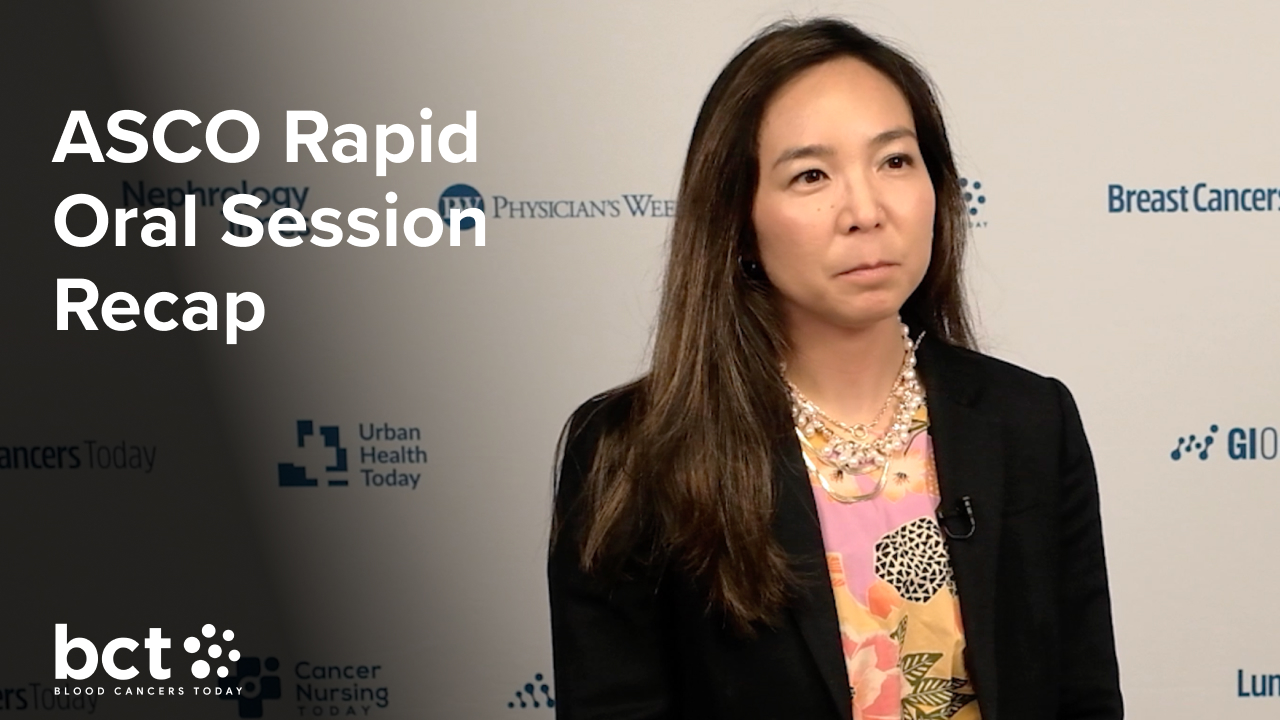
A phase II trial evaluated the mini-hyper-CVD regimen (cyclophosphamide, dexamethasone, methotrexate, cytarabine) plus inotuzumab ozogamicin and early, dose-dense blinatumomab for relapsed or refractory B-cell acute lymphoblastic leukemia (ALL). The results were presented at the Twelfth Annual Meeting of the Society of Hematologic Oncology in Houston, Texas.
“The dose-dense mini-hyper-CVD–inotuzumab ozogamicin–blinatumomab regimen results in high rates of deep [measurable residual disease (MRD)] negativity and promising early survival outcomes, which may be better than sequential use of these agents,” wrote lead author Elias Jabbour, MD, of the University of Texas MD Anderson Cancer Center in Houston.
The treated cohort included 22 patients with a median age of 41 years, three of whom had received a prior allogeneic stem cell transplant. Nineteen patients received the study treatment while in salvage 1 care. The mini-hyper-CVD regimen featured reduced doses of cyclophosphamide, dexamethasone, and methotrexate. The total dose of inotuzumab ozogamicin was 2.7 mg/m2, and patients received blinatumomab every four weeks for six cycles.
The total cohort received a median of four cycles of the study regimen and had a median follow-up of 15 months. The overall response rate was 100%, and 81% of patients achieved complete remission.
The investigators noted that the one-year overall survival rate of 90% calculated for the study regimen is higher than the 66% seen with historical mini-hyper-CVD plus inotuzumab ozogamicin with sequential blinatumomab (P=.03). They added that one-year overall survival in salvage 1 was also higher with the study regimen than the historical regimen, at 94% versus 66% (P=.03).
In 19 patients, MRD could be evaluated with multicolor flow cytometry; among them, 18 achieved MRD negativity with the study regimen, 74% of whom attained it after cycle one. Seventeen patients were evaluable for MRD with next-generation sequencing; among them, 94% achieved MRD negativity.
The study had no instances of veno-occlusive disease. Relapse occurred in three patients. There was one mortality due to progressive disease, and two mortalities were due to sepsis and multiorgan failure during complete remission.
Reference
Jabbour E, Short N, Jain N, et al. Very promising results of the dose dense (D-D) mini-hyper-CVD-inotuzumab-blinatumomab phase 2 trial in patients with relapsed-refractory acute lymphoblastic leukemia. Abstract #ALL-808. Presented at the Twelfth Annual Meeting of the Society of Hematologic Oncology; September 4-7, 2024; Houston, Texas.





 © 2025 Mashup Media, LLC, a Formedics Property. All Rights Reserved.
© 2025 Mashup Media, LLC, a Formedics Property. All Rights Reserved.